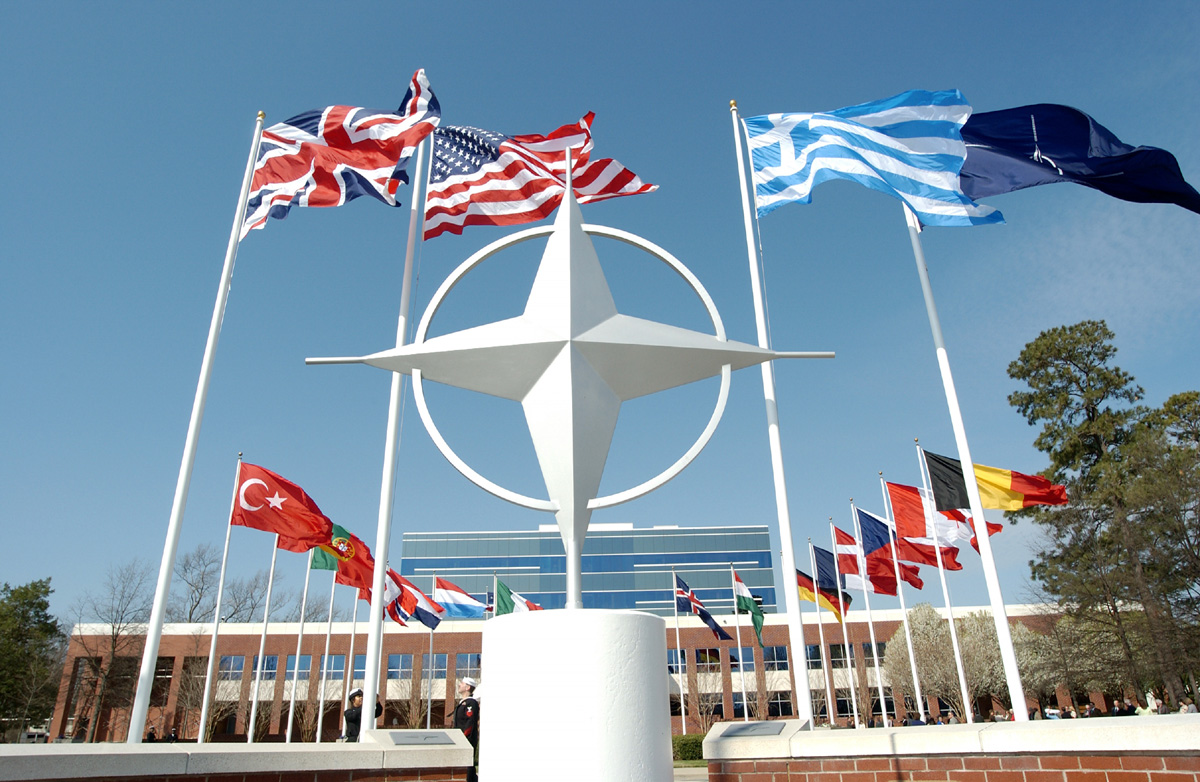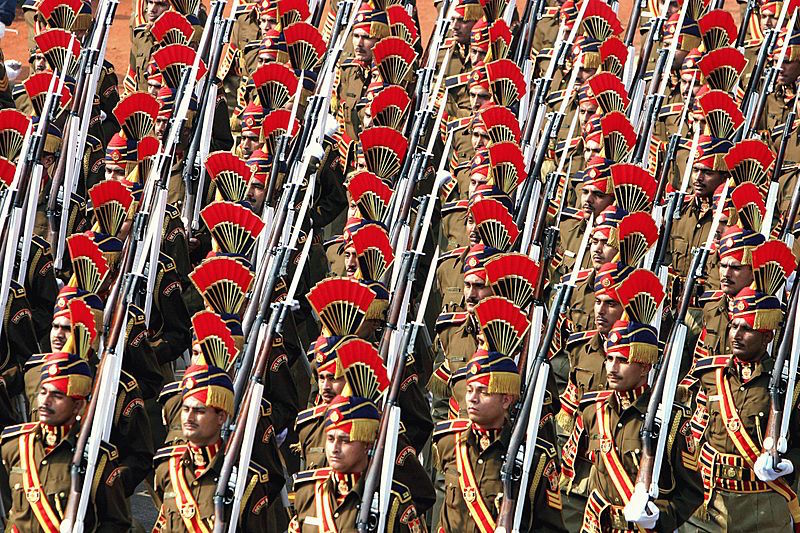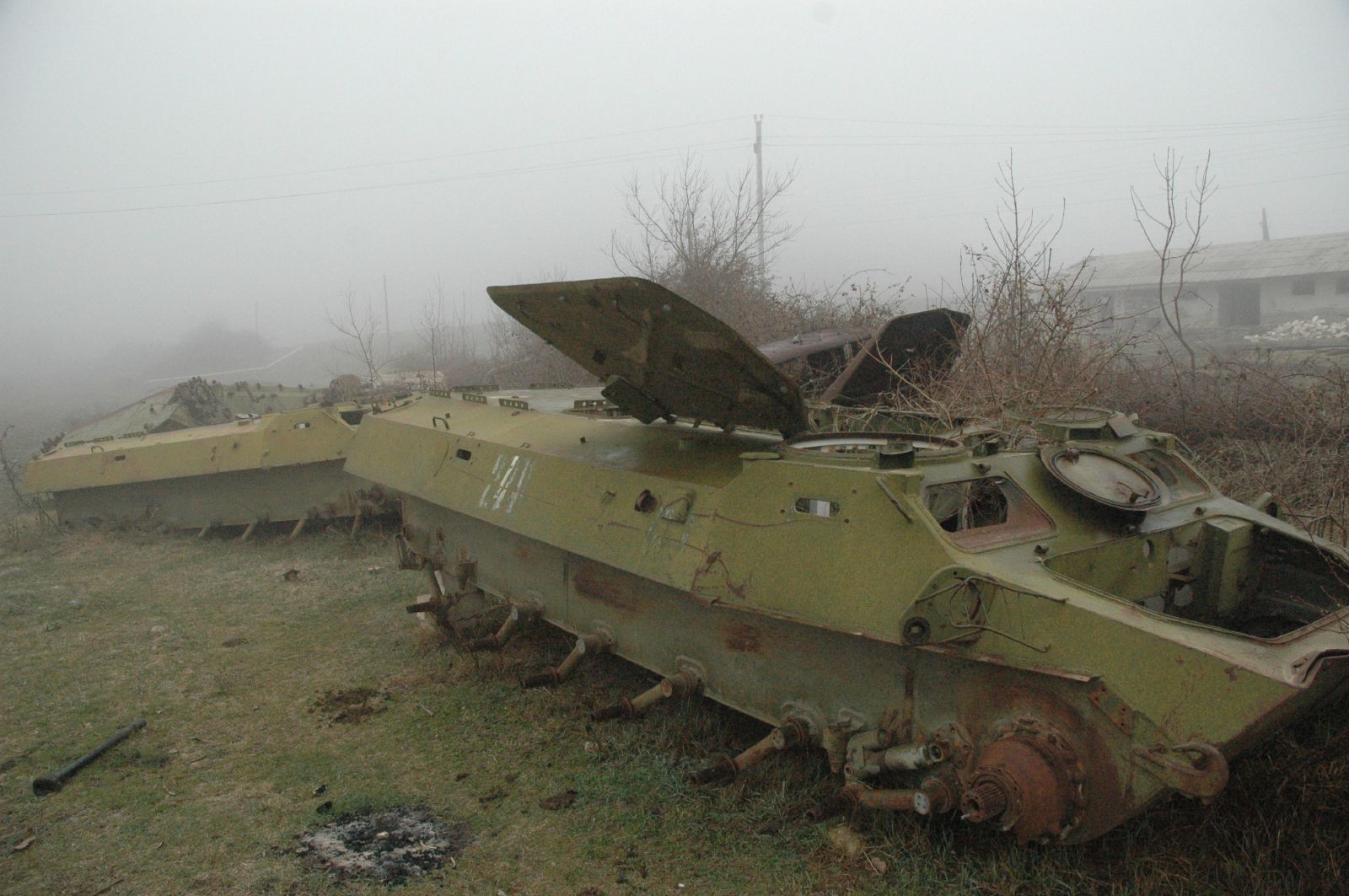The anger, frustration and heated tensions between Turkish protestors and their government, led by Prime Minister Tayyip Erdogan, present an indirect challenge of NATO. From a security standpoint, Turkey is an essential NATO member. Turkey’s location at the intersection between Europe, Asia and the Middle East makes it crucial for NATO operations from a logistical point of view and its military capabilities are certainly not insignificant – Turkey is the 7th largest spender on defense in the Alliance.
Rest assured, the current situation in Turkey should not force NATO states to be concerned with “losing” Turkey as an ally. While it will certainly be interesting to see how events will transpire in Turkey, the more pressing question that arises relates to how democratic principles should influence NATO’s interests. Though, Turkey is still a democracy and Erdogan is the democratically elected leader. And, NATO is a security organization with clear mission to protect the peace and security of its members, with democratic values over-shadowed in the background.
That being said, democracy is an inherent trait of NATO. All current NATO member states operate with democratically elected governments and all aspiring members must undergo reforms under the Membership Action Plan (MAP), which include but are not limited to “political, economic, defense, resource, security and legal aspects.”
The collective defense principle that is at the heart of the alliance is even more indicative of a democratic ethos at NATO’s core. All “NATO decisions” are made by consensus, meaning that each member nation essentially has the veto power. It is for this reason that the implementation of a no-fly zone in Libya has been so contentious; only eight of the 28 member nations were directly participated in the operations, although others opposed it.
If we accept the idea that NATO’s collective defense is a threat against possible attacks to its members, then the most important factor in supporting this threat is its credibility. Credibility essentially boils down to whether or not potential attackers truly believe that all members will react to uphold their defense agreement. A strong, credible threat will deter potential attackers since they do not want to risk engaging all 28 members at the same time. This is where democratic principles can influence NATO’s interests.
Democracy makes NATO’s collective defense principles eminently more credible by acting as a shared and common trait amongst all its members. By virtue of their large geographic span, NATO members are subject to a wide array of cultural, military, political and economic forces which often do not correspond in any meaningful way. Yet they are all linked by the shared value of democracy. While this does not guarantee that all member states and their governments think along the same line, the probability of co-operation among democratic states is much higher than that of states with mixed ideologies. At the very least, potential adversaries should recognize how the various NATO members can unite based on shared democratic principles.
On a broader scale, NATO has been active in promoting democracy with its partners. This further re-enforcing the centrality of democracy to the credibility of its collective defense alliance. With only a few possible exceptions, NATO has significant partners in their Mediterranean Dialogue, the Euro-Atlantic Partnership Council and in the Pacific region. The most notable NATO partners include Australia, Sweden, Japan, South Korea and New Zealand.
NATO is unambiguously a peace and security organization; only a significant change in its mission statement to include the protection of democratic ideals, which is both unlikely at this time, will alter its principles. That being said, the democratic nature of NATO’s members and partners as well as its collective defense agreement reaffirms that democratic principles can have a direct influence on NATO’s ability to protect its members.




